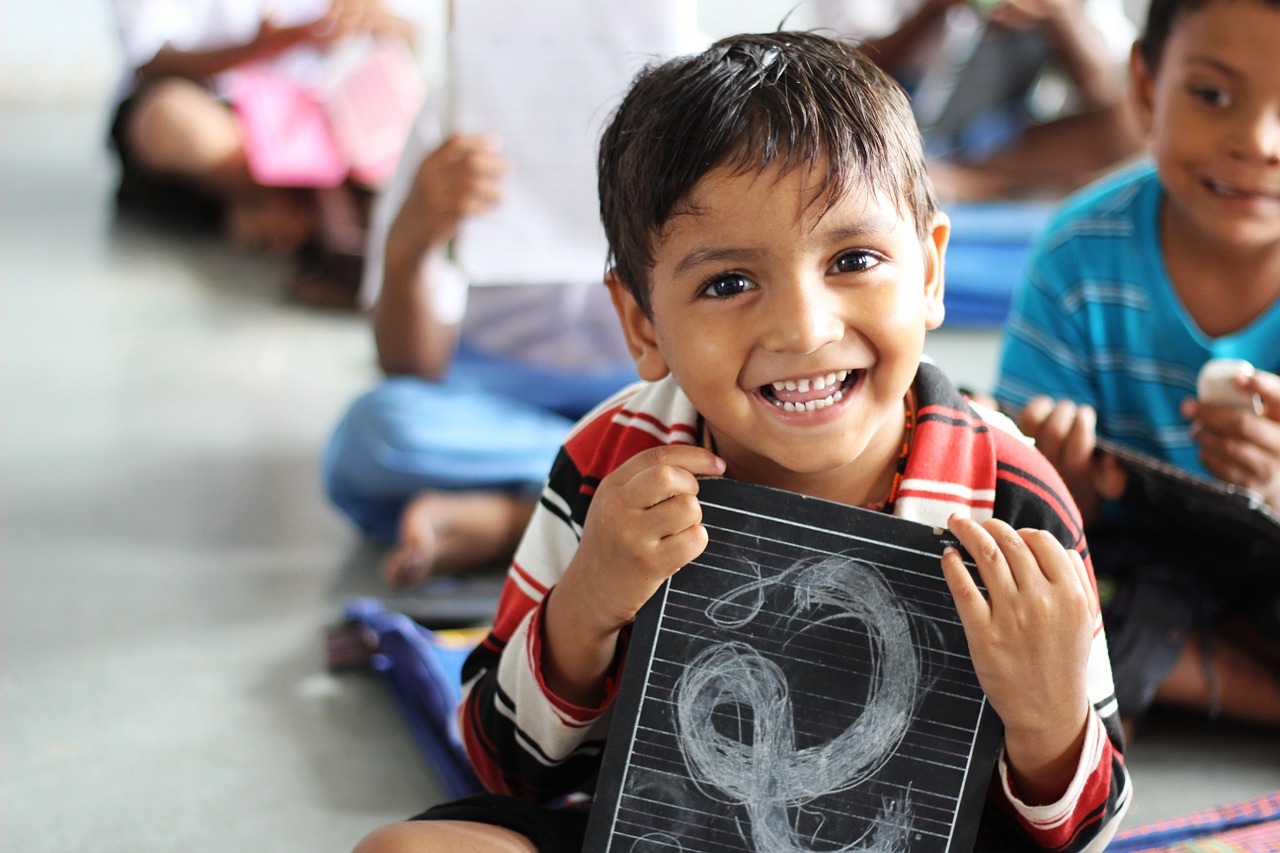Child focused regional initiatives lead the way
Related Articles
UP Health Schemes: लखनऊ, गोरखपुर, वाराणसी और प्रयागराज में चलेंगी एआई आधारित स्वास्थ्य परियोजनाएं
UP Health Schemes: उत्तर प्रदेश सरकार ने स्वास्थ्य क्षेत्र में आर्टिफिशियल इंटेलिजेंस (AI) आधारित समाधान लागू करने की दिशा में बड़ा कदम उठाया है।...
National Anti Terror Policy Prahaar Launched: देश की पहली राष्ट्रीय आतंकवाद-विरोधी नीति प्रहार जारी, इंटरनेट आधारित कट्टरपंथ पर खास फोकस
गृह मंत्रालय ने जारी की 8 पेज की रणनीति
National Anti Terror Policy Prahaar Launched: देश में आतंकवाद के खिलाफ लड़ाई को नई दिशा देते...
Maharashtra Politics: महाराष्ट्र में एकनाथ शिंदे ने अन्य मंत्रियों को सौंपे अपने विभाग, जानकार हैरान हो जायेंगे वजह
Maharashtra Politics: महाराष्ट्र की राजनीति में बजट सत्र से पहले बड़ा प्रशासनिक कदम सामने आया है। उपमुख्यमंत्री एकनाथ शिंदे ने अपने पास मौजूद अहम...


